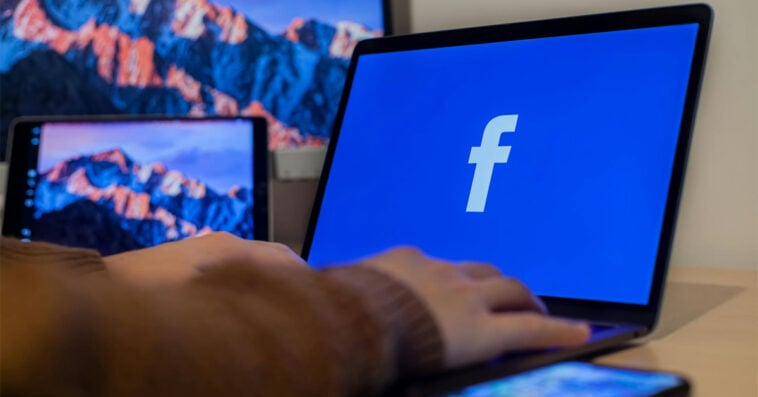New York City (NYC) has just launched what could be the country’s most sweeping legal assault yet on big tech companies, accusing Facebook and TikTok of hooking children on their platforms, and forcing taxpayers to absorb the fallout. In a federal complaint, the city claims these companies knowingly engineered features that exploit youth psychology for profit, fueling mental health declines, chronic school absences, and even dangerous behaviors. But behind the lawsuit lies a deeper question: how far should social media be held accountable when young minds are part of the product?
New York City has launched a major legal assault against the world’s leading social media companies, seeking substantial damages for the youth mental health crisis allegedly fueled by their addictive platforms. The 327-page complaint, filed in Manhattan federal court on October 8, names Meta Platforms (owner of Facebook and Instagram), Alphabet (owner of Google and YouTube), Snap (owner of Snapchat), and ByteDance (owner of TikTok) as defendants. The city is accusing the tech giants of gross negligence and creating a public nuisance.
The core of the city’s argument is that these companies intentionally engineered their products to ensnare young users. The lawsuit claims that the defendants designed their platforms to “exploit the psychology and neurophysiology of youth,” and drive compulsive use in a relentless pursuit of profit.
Evidence cited in the complaint paints a stark picture of the resulting lifestyle changes: 77.3% of New York City high school students, and 82.1% of girls specifically, admitted to spending three or more hours a day on screen time, leading to severe consequences like lost sleep and chronic school absences.
NYC says tech firms’ negligence has become a burden on taxpayers
In January 2024, New York City’s health commissioner formally declared social media a public health hazard. The lawsuit argues that the city and its school system have been forced to divert significant taxpayer resources to manage the fallout of the crisis, stating, “Defendants should be held to account for the harms their conduct has inflicted,” adding, “As it stands now, (the) plaintiffs are left to abate the nuisance and foot the bill.”
The complaint even links social media pressure to dangerous, real-world behaviors, including the rise of “subway surfing” —riding on top or off the sides of moving trains— a trend that has resulted in the deaths of at least 16 people since 2023.
With a population of 8.48 million, including approximately 1.8 million under age 18, New York City, along with its massive school and healthcare systems, is now one of the largest plaintiffs to join an existing consolidated national litigation. This collective action consists of roughly 2,050 similar lawsuits being pursued by governments, school districts, and individuals nationwide in Oakland, California, federal court.
Notably, the city’s Law Department confirmed that it withdrew from a separate prior lawsuit, originally announced by Mayor Eric Adams in February 2024 and pending in California state courts, specifically to consolidate its efforts and join this larger federal action.
In a preliminary response, Google spokesperson Jose Castaneda defended YouTube, claiming that allegations concerning the platform are “simply not true,” asserting that it functions primarily as a streaming service rather than a social network for connecting with friends.
The other defendant companies have not yet issued an immediate public reaction to the lawsuit.
How strong is NYC’s lawsuit against the tech companies?
While New York City’s lawsuit raises powerful arguments, especially its claim that companies like Meta, TikTok, and others deliberately designed their platforms to exploit youth psychology, the chances of the city winning will depend on whether it can prove direct causation between the platforms’ design choices and measurable public harm.
U.S. courts have historically been cautious about holding tech companies liable for user behavior, often protected by Section 230 of the Communications Decency Act, which shields platforms from responsibility for third-party content. However, this case focuses not on content, but on product design and addictive features, which could make it a stronger challenge.
As for accountability, many experts argue that social media companies should bear responsibility for the ways their algorithms and engagement mechanisms affect children’s mental health, especially since these systems are intentionally optimized to maximize screen time and ad revenue. At the same time, there’s a balancing act: holding platforms accountable without infringing on free speech or parental responsibility.
In short, NYC faces an uphill but significant legal battle that could reshape how tech companies design products for minors. Whether or not the city wins, the lawsuit itself may pressure the industry toward stricter safety standards, transparency, and age protections — a sign that public institutions are no longer willing to treat young users as just data points in Big Tech’s profit model.
Source: Reuters

